|
Miss O'Connor, the greatest writer in the genre called Southern Gothic I call Southern realism, and a very devout Catholic, never married, loved birds, and died at 39 from Lupus. Probably you will have to listen to the story twice.
"She argued that she wrote for an audience who, for all its Sunday piety, did not share her belief in the fall of humanity and its need for redemption. 'To the hard of hearing,' she explained, '[Christian writers] shout, and for the… almost-blind [they] draw large and startling figures'…". https://www.georgiaencyclopedia.org/articles/arts-culture/flannery-oconnor/ I cite the reference but don't bother reading it. I rather listen to Flannery explain herself than hear what others have to say. I've only allowed one commentary for a short story. You and I can decide if something is good without help. Only the Bible needs commentary.
1 Comment
Artist: Noël Coypel (1628–1707) Title: Resurrection of Christ Object type: painting Genre: religious art Date: c. 1700 Medium: oil on canvas Dimensions: height 11.4 feet, width 8.4 feet (approx.) Collection: Museum of Fine Arts of Rennes Accession number: 801.5.1 If you think I am your typical modern Catholic, you couldn’t be farther from the truth. I...
And if given one good word, I can write two paragraphs in five minutes.
P.S. I can't remember much beyond last week, but good memories and friendships never fade. Typical man. If I get to Heaven, I sure as hell want Him to kiss my soul, then put His arm around me when I get my body back. Never had doubts about the faith: it's as true as outer space is black. Conventional oddballs may step to the front of the line. Sometime I will write about the labyrinthine lay hierarchies inside traditional Catholic circles. Sic semper tyrannis.
Oderint dum metuant. Aut cum scuto aut in scuto. Gladiator in arena consilium capit. Flectere si nequeo superos, Acheronta movebo. If I cannot bend the will of Heaven, I shall move Hell. Yeah, that's how to deliver a speech. ★ ORIGINAL CREDITS ★ 〉Original Song: Camila Cabello
Top line is all caps. Originally, Latin (also Greek) only had capital letters. Lowercase letters developed later as script for writing quickly by hand. U looks like a V. SPQR is Senatus PopulusQue Romanum, the Senate and People of Rome. These guys spent a lot of time producing a recording like this, as evidenced by the fine vocals, orchestration, audio frequency spectrum starting at one circle and going to five, and translation that rhymes, intoning classical Latin. Title: The Vale of Tears (Tap on title for larger view and details.) Artist: Gustave Doré, b. Strasbourg 1832, d. Paris 1883 Paradise Lost
Doré did illustrations for Dante's The Inferno, Cervantes' Don Quixote, Coleridge's "Rime of the Ancient Mariner", and Poe's "The Raven". Coleridge and Poe are in the Reading List. https://www.artpassions.net/dore/dore.html From the Vulgate, from the Greek, Luke Ranieri, my man the polymath, quotes in ecclesiastical, classical, and other pronunciations, the conversation between Pontius Pilate and Jesus on Good Friday, yesterday. Latin and Greek have different alphabets but sound similar. I had a conversation with Altan and said that one day he will appreciate his Latin studies. 6 Jesus answered: My kingdom is not of this world. follow Luke
Allen Swift 1908-2010
This man owned and drove the same car for 82 years. Mr. Swift of Springfield, MA, received this 1928 Rolls-Royce Piccadilly-P 1 Roadster from his father, brand new, as a graduation gift in 1928. He drove it up until his death in 2010 at the age of 102. He was the oldest, living owner of a car purchased new. Donated to a Springfield museum, the car has 1,070,000 miles on it, still runs like a Swiss watch, dead silent at any speed, in perfect cosmetic condition at 82 years. That’s approximately 13,048 miles per year, or 1,087 miles per month. That’s British engineering for you from a bygone era. Courtesy of Rohit Singh, Quora Something strange is happening—there is a great silence on earth today, a great silence and stillness. The whole earth keeps silent because the King is asleep. The earth trembled, and is yet still, because God has fallen asleep in the flesh, and he has raised up all who have slept ever since the world began. God has died in the flesh and Hell trembles with fear. He has gone to search for our first parent, as for a lost sheep. Greatly desiring to visit those who live in darkness and in the shadow of death, he has gone to free from sorrow the captives Adam and Eve, he who is both God and the son of Eve. The Lord approached them bearing the cross, the weapon that had won him the victory. At the sight of him, Adam, the first man he had created, struck his breast in terror and cried out to everyone: 'My Lord be with you all.' Christ answered him: 'And with your spirit.' He took him by the hand and raised him up, saying: 'Awake, O sleeper, and rise from the dead, and Christ will give you light. I am your God, who for your sake have become your son. Out of love for you and for your descendants I now, by my own authority, command all who are held in bondage to come forth, all who are in darkness to be enlightened, all who are sleeping to arise. I order you, O sleeper, to awaken. I did not create you to be held a prisoner in Hell. Rise from the dead, for I am the life of the dead. Rise up, work of my hands, you who were created in my image. Rise, let us leave this place, for you are in me and I am in you; together we form only one person, and we cannot be separated. For your sake I, your God, became your son; I, the Lord, took the form of a slave; I, whose home is above the heavens, descended to the earth and beneath the earth. For your sake, for the sake of man, I became like a man without help, free among the dead. For the sake of you, who left a garden, I was betrayed to the Jews in a garden, and I was crucified in a garden. See on my face the spittle I received to restore to you the life I once breathed into you. See there the marks of the blows I received to refashion your warped nature in my image. On my back see the marks of the scourging I endured to remove the burden of sin that weighs upon your back. See my hands, nailed firmly to a tree, for you who once wickedly stretched out your hand to a tree. I slept on the cross and a sword pierced my side for you who slept in paradise and brought forth Eve from your side. My side has healed the pain in yours. My sleep will rouse you from your sleep in Hell. The sword that pierced me has sheathed the sword that was turned against you. Rise, let us leave this place. The enemy led you out of the earthly paradise. I will not restore you to that paradise, but I will enthrone you in Heaven. I forbade you the tree that was only a symbol of life, but see, I who am life itself am now one with you. I appointed cherubim to guard you as slaves are guarded, but now I make them worship you as God. The throne formed by cherubim awaits you, its bearers swift and eager. The bridal chamber is adorned, the banquet is ready, the eternal dwelling places are prepared, the treasure houses of all good things lie open.' The kingdom of heaven has been prepared for you from all eternity. The Catholic Company La Reina Sofia presided, and this is the first translation I have ever seen. This is the real Spain. Nothing is covered up: all is rendered bare and free and safe when you stand shoulder to shoulder, and she blessed herself as He passed. not about macho men, rather, where their loyalty is
People who go to the Latin Mass and do not receive communion, their venial sins are forgiven anyway. This forgiveness does not happen in the New Mass.
Check your daily New Mass missal if you have one, and probably you don't. I reproduced that throw-away paper once before in another entry, not this time. Forgiveness is important to people who cannot attend Mass for any reason, such as a disability, or those watching Mass online and making a spiritual communion. People watching the Latin Mass (and supporting it) will hear those words. Words matter, which is the reason so much care was given to the Latin Mass and to translations, and the reason I study words and carefully choose them, and the reason editors scrutinize them.
Let's make some connections. Penitentiary comes from the Latin paenitentia, meaning "repentance." A penitentiary is a place you are sent to make repentance for a crime committed. Penitentiary also can be used as an adjective to describe something done to show penance, as in the penitentiary scarlet "A" on Hester's chest, The Scarlet Letter, by Hawthorne, and check out Leavenworth Penitentiary in "Hearts and Hands" in the Reading List. Now, think. What bread is unleavened? Jerome on unleavened bread... Jerome: “Or otherwise; The woman who takes the leaven and hides it, seems to me to be the Apostolic preaching, or the Church gathered out of diverse nations. She takes the leaven, that is, the understanding of the Scriptures, and hides it in three measures of meal, that the three, spirit, soul, and body, may be brought into one, and may not differ among themselves. Or otherwise; We read in Plato that there are three parts in the soul, reason, anger, and desire; so we also if we have received the evangelic leaven of Holy Scripture, may possess in our reason prudence, in our anger hatred against vice, in our desire love of the virtues, and this will all come to pass by the Evangelic teaching which our mother Church has held out to us. I will further mention an interpretation of some; that the woman is the Church, who has mingled the faith of man in three measures of meal, namely, belief in the Father, the Son, and the Holy Spirit; which when it has fermented into one lump, brings us not to a threefold God, but to the knowledge of one Divinity. This is a pious interpretation; but parables and doubtful solutions of dark things, can never bestow authority on dogmas.” Wikipedia treats St. Jerome better than any other source. Amazing it is, too, that I have felt more loved outside the Church. I have no explanations. 1846 New Orleans, LA Poe had 35 addresses, dropped out of West Point, and never visited Italy. Writers have said that there are three story cities: San Francisco, New York, and New Orleans. If you want to know more about this man Poe, visit The Fordham Ram
https://thefordhamram.com/20302/news/fordham-students-explore-the-home-of-edgar-allen-poe/ Several men are robing and disrobing in the locker room of a golf club. A cell phone lying on a bench rings. A man engages the hands-free speaker function and begins to talk. Everyone else in the room stops to listen.
MAN: “Hello.” WOMAN: “Hi Honey, it’s me. Are you at the club?” MAN: “Yes.” WOMAN: “I'm at the shops now and found this beautiful leather coat. It’s only $2,000. Is it OK if I buy it?” MAN: “Sure, go ahead if you like it that much.” WOMAN: “I also stopped by the Tesla dealership and saw the new models. I saw one I really liked.” MAN: “How much?” WOMAN: “$90,000.” MAN: “OK, but for that price I want it with all the options.” WOMAN: “Great! Oh, and one more thing. I was just talking to Janie and found out that the house I wanted last year is back on the market. They’re asking $980,000 for it.” MAN: “Well, then go ahead and make an offer of $900,000. They’ll probably take it. If not, we can go the extra eighty thousand if it’s what you really want.” WOMAN: “OK. I'll see you later! I love you so much!” MAN: “Bye! I love you, too.” The man hangs up. The other men in the locker room are staring at him in astonishment, mouths wide open. He turns and asks, “Anyone know whose phone this is?” Chopin was a Polish patriot. Eighty-eight black and white rapid-fire shots.
All that glitters isn’t gold. The Merchant of Venice
Latin Could Shakespeare read Latin? Yes. Sometimes he quoted from the Douay-Rheims. Williams Play This is the setting for “Shakeshafte” by Rowan Williams when Edmund Campion, a Jesuit priest travelling incognito from one household to another, meets a young Will Shakeshafte who has been hidden at the request of a schoolmaster in Stratford! Based on some truth, gossip, and rumour, it is an exciting play, full of suspense and drama, and Rowan has used his poetical and philosophical gifts to create Will’s depth of thought and feelings about human relationships and to elaborate on the personal choices that he has to make. https://supremacyandsurvival.blogspot.com/2016/07/campion-and-shakespeare-meet.html Rowan Williams, b. 1950, is the former Archbishop of Canterbury and a former member of the House of Lords (2003-2020). He believes Shakespeare was a Catholic. Auron presents many images: landscapes, sculptures, photos, and more. He is a writer. I own one, original landscape. The place is about three hours east.
Dear Members of the United States House of Representatives:
You have a Select Committee on the Chinese Communist Party (CCP). Pope Francis signed a secret deal with the CCP. No one knows what is in the deal. He is suspected of being a communist, a possible enemy of the US. Please establish a Select Committee on Pope Francis. Yours sincerely, Robert E Dunn America magazine published an article quoting a man who left the Catholic Church after attending the Latin Mass. He joined Quakerism, one of hundreds of heretical sects. The Jesuits shot themselves in the foot, and I am jumping up and down. Story by Pat Nugent, Nov. 28, 2017. I will not link pathetic wimps who can't shoot straight.
In the Eeyou-Istchee James Bay territory in Nord-du-Québec, the Whabouchi mine is one of the largest high-purity lithium deposits in North America and Europe. The project is the world's second richest and biggest deposit with 27.3 million tons of proven and probable reserves. So, what? Lithium-Ion batteries are rechargeable and are used in many personal electronics, such as cell phones, tablets, laptops, E-Bikes, electric toothbrushes, tools, hoverboards, scooters, and for solar power backup storage. Answered. If all you leftist-greenies are prepared to turn in all your electronic devices, fine, not I. photo courtesy of mining-technology.com and Business Wire
Isaac Newton
Albert Einstein Democritus Aristotle Galileo Galilei Rene Descartes Leonhard Euler Nikola Tesla Francis Bacon Christiaan Huygens Thomas Jefferson Linus Pauling Archimedes William Shakespeare John Neumann Enrico Fermi Blaise Pascal Richard Feynman Epicurus Thomas Edison Nicolaus Copernicus Euclid Desiderius Erasmus Sigmund Freud Thomas Hobbes Pythagoras Niels Bohr Johannes Kepler Niccolo Machiavelli Roger Bacon Plato Cicero Leo Tolstoy Charles Darwin Napoleon Bonaparte Alexander Pope John Milton Michelangelo Marie Curie Albertus Magnus Fyodor Dostoyevsky Marcus Aurelius Karl Marx Arthur Doyle Lord Byron Thomas Paine James Madison Jean-Jacques Rousseau Benjamin Franklin Alexander the Great Socrates Jonathan Swift John Locke Charlemagne Victor Hugo Euripides Wernher von Braun Thomas Wolsey Abraham Lincoln Hippocrates Ralph Emerson Ptolemy Edgar Poe George Eliot John Adams Thomas More Dante Alighieri Homer Samuel Coleridge Mary Shelley Louis Pasteur Salvador Dali Pablo Picasso Aeschylus Edwin Hubble Adam Smith Johann Bach Raphael Julius Caesar Wolfgang Mozart Isaac Asimov Thomas Aquinas Alfred Tennyson Elizabeth I Martin Luther John Quincy Adams John Calvin William of Ockham Ovid Mark Twain Thomas Malthus Edmund Burke Washington Irving Henry Wadsworth Longfellow Ernest Hemingway Maximilien Robespierre Epictetus Diego Velázquez Ben Jonson Daniel Fahrenheit Gregor Mendel Charles Dickens Geoffrey Chaucer Guglielmo Marconi Spartacus William Wordsworth Wilbur Wright Johannes Brahms Seneca Cardinal Richelieu Frederic Chopin Marquis de Sade Robert Oppenheimer George Handel Charlotte Brontë Franz Schubert Giuseppe Verdi Henry Ford Felix Mendelssohn Daniel Webster Bede Hildegard of Bingen Paul Ehrlich Woodrow Wilson Peter Tchaikovsky Sergei Rachmaninov Peter Rubens Demosthenes George Sand Cleopatra Milton Friedman William Thackeray Vladimir Lenin Titian Marco Polo Giacomo Casanova Theodore Roosevelt Alexander Fleming Josephus Gustave Eiffel Hannibal Albrecht Durer Nathaniel Hawthorne Giovanni Palestrina Anthony Van Dyck Samuel Morse Stanley Kubrick Rembrandt Horace Duns Scotus C.S. Lewis Franklin D. Roosevelt Johannes Gutenberg Claudio Monteverdi Franz Liszt Aesop Madalyn O'Hair Eduard Suess Benoit Mandelbrot Anselm of Canterbury Robert Frost Alexis Tocqueville Jean Moreau Caravaggio George Orwell William Tecumseh Sherman George Washington Dr. Seuss Walt Disney Christopher Columbus Che Guevara Charlie Chaplin Thomas of Kempis Neil Armstrong Robert Schumann Robert E. Lee Sources 1. Genius IQs of Historicals, based on the work of Genius Studies of Genius: Vol II. Catherine Morris Cox, Stanford Press, 1926 Catherine Morris Cox 2. Genius IQ Rankings, Ranked by IQ or “relative brightness or intellect” Libb Thims I counted 100 Catholics. Bet you don't know who they are. |
Categories
All
Archives
July 2024
|
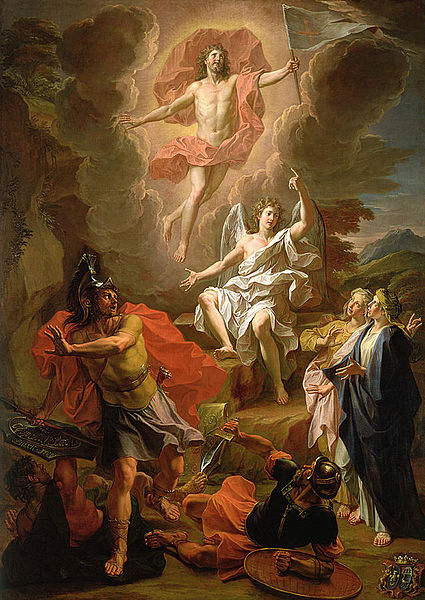
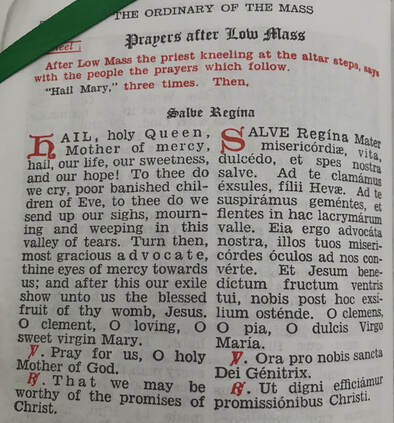
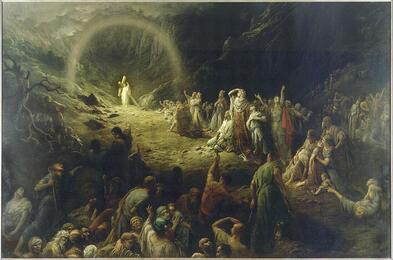
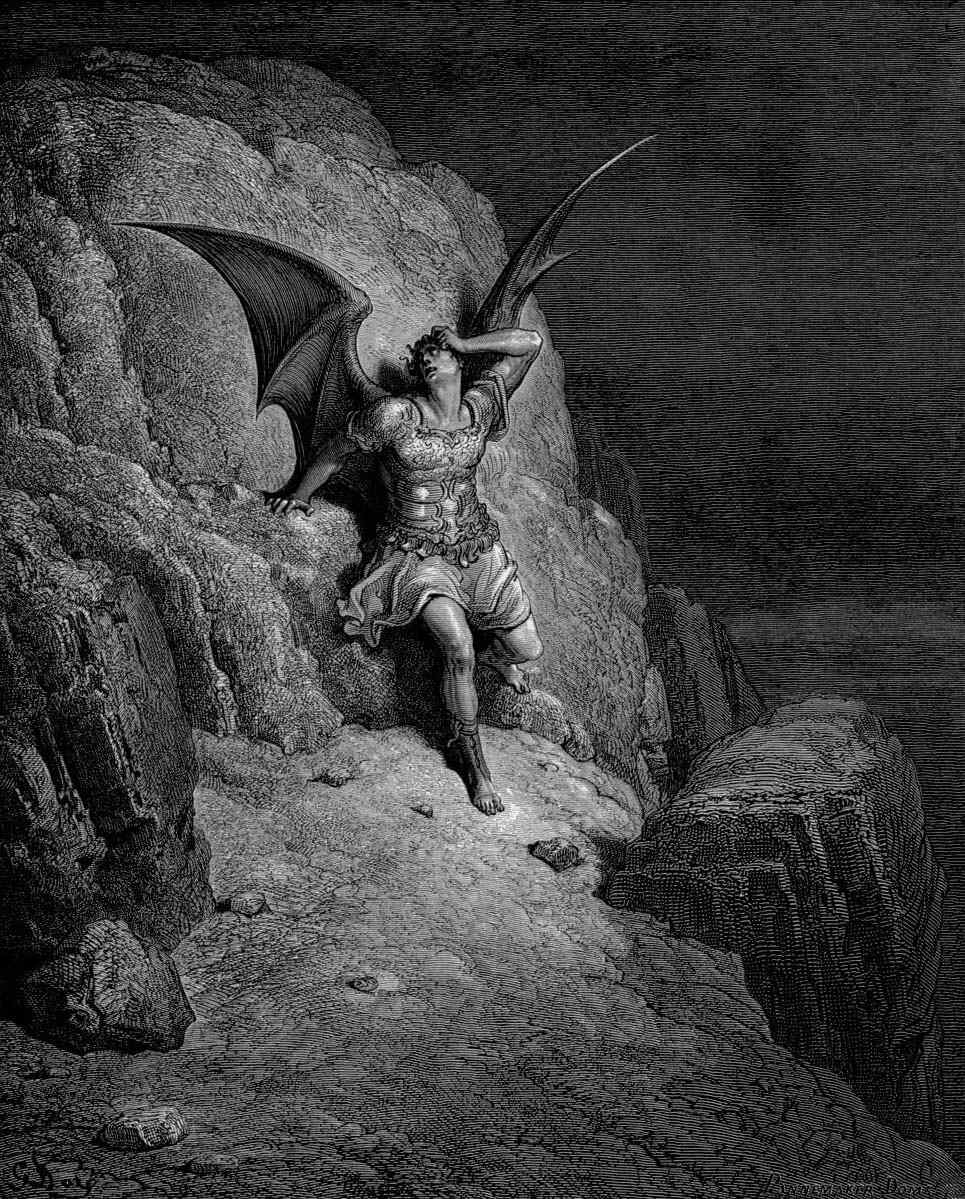


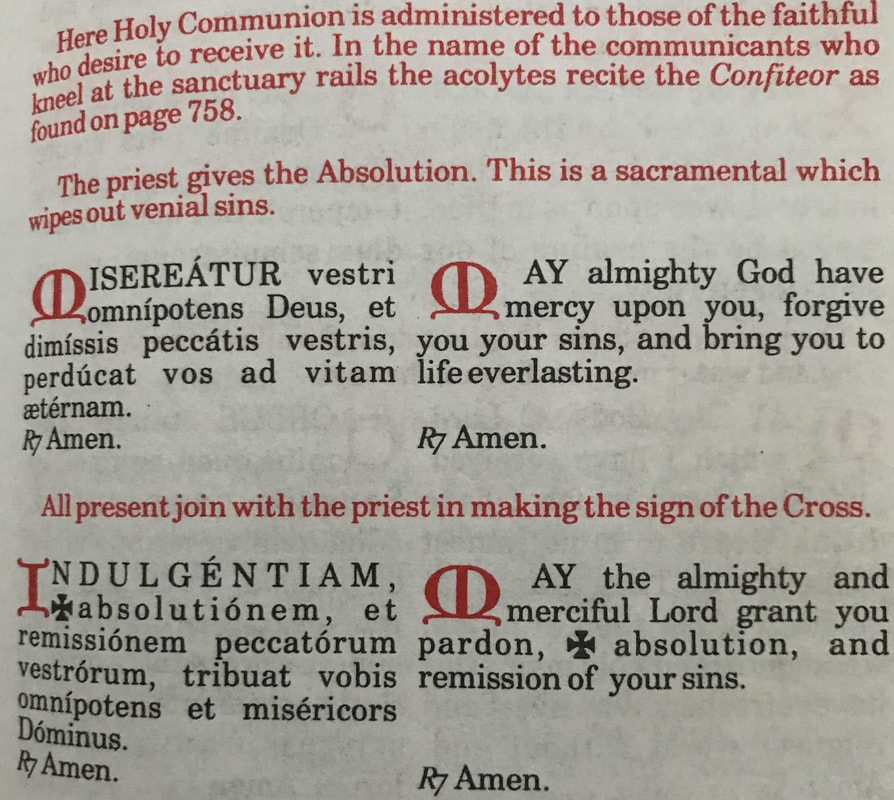



 RSS Feed
RSS Feed